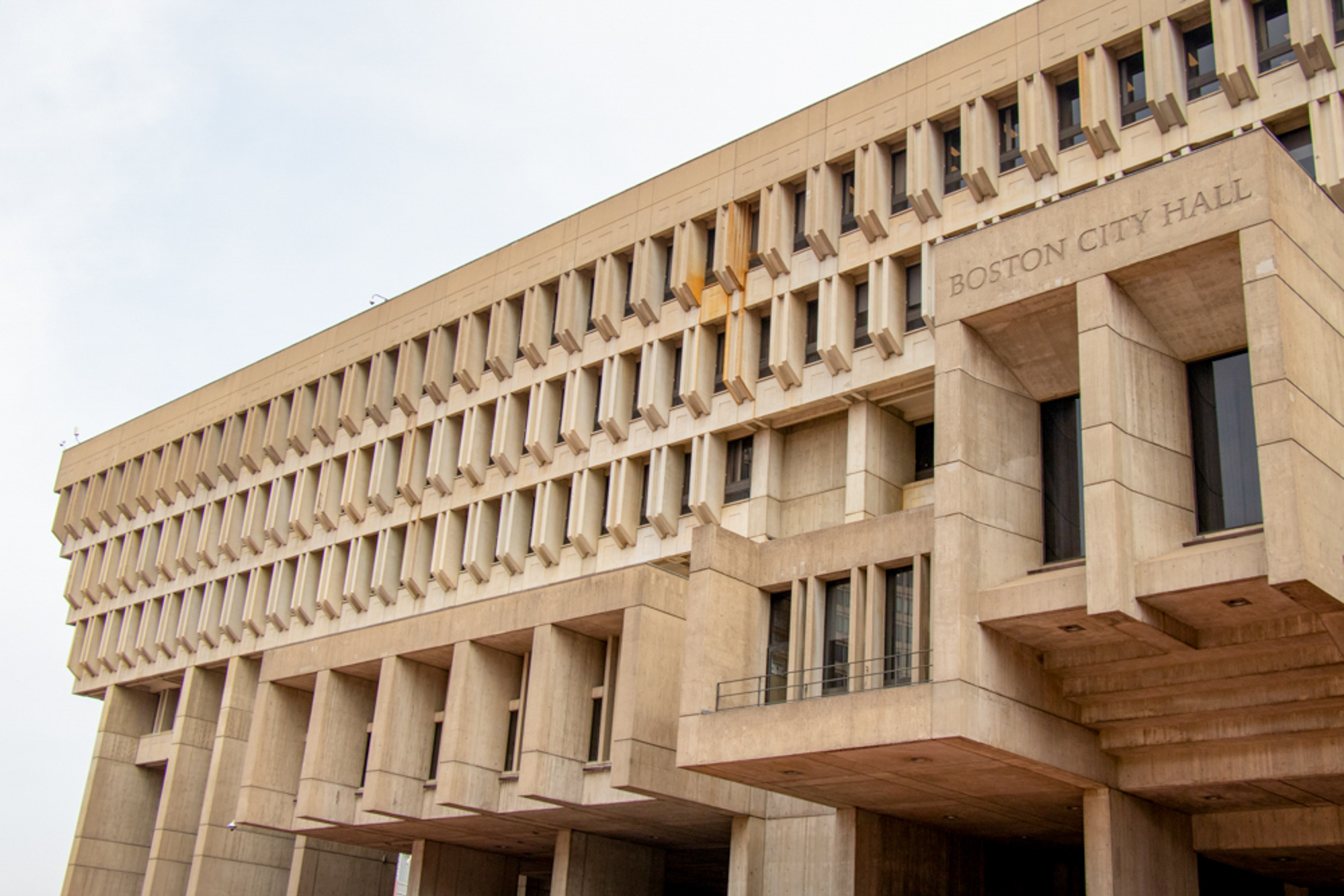Boston City Council filed a hearing order to audit the implementation of restorative justice practices in Boston Public Schools amid rising violence, along with an order to audit the city’s procurement process for contractors during its Wednesday meeting.

As of February of last school year, there were a total of 1,627 incidents resulting in discipline across BPS, exceeding the 1,454 incidents through February of the school year prior, according to the Boston Globe.
“We have our kids walking into schools every day with trauma,” City Council President Ruthzee Louijeune said. “That’s why we are all fighting for more support services in the form of social workers [and] in the form of guidance counselors that are really there to help our kids [emotionally].”
Councilor Liz Breadon highlighted the impact that the pandemic has had on students.
“I think our young people are coming back into school after COVID and they have a … huge amount of trauma,” Breadon said. “We need to use every tool in the book and I think the restorative justice practices are proven to be very effective.”
Councilor Tania Fernandes Anderson shared concerns from community members regarding the lack of resources currently available in BPS schools regarding restorative justice.
“A lot of the concerns from the community is that there aren’t enough resource rooms, there aren’t enough actual practitioners or people that are certified or qualified to be able to do this in this model,” Fernandes Anderson said.
City Council held a hearing order last year to audit the practices of restorative justice, said Councilor Julia Mejia, where local organizations received grants from Governor Healey’s office, a partnership she hopes continues with BPS.
“When we’re thinking about restorative justice, it is a practice that I think helps repair harm but [also] creates an opportunity … for looking at the violence we are seeing in our Boston Public Schools,” Mejia said.
The council also ordered a hearing to audit the city’s procurement process for contractors bidding to work on projects for Boston.
“The city is working really hard at making sure that we’re closing that wealth gap, and also … making sure that women and people of color have access to opportunities to really build that wealth through [the city’s] procurement process,” Mejia said.
Fernandes Anderson said there “aren’t enough networks” between marginalized communities and the bidding process. She explained it is important for the city to “make [procurement] applications viable and accessible” to marginalized groups.
Councilor Brian J. Worrell said the city is already working on initiatives to collaborate with local businesses through initiatives including the SPACE Grants program, SCALE program and Sheltered Market Program.
“More collaboration with all of our Boston businesses, especially those who are pilot-eligible institutions, like our hospitals and universities, is also an important piece on equitable procurement processes,” Worrell said.


















































































































